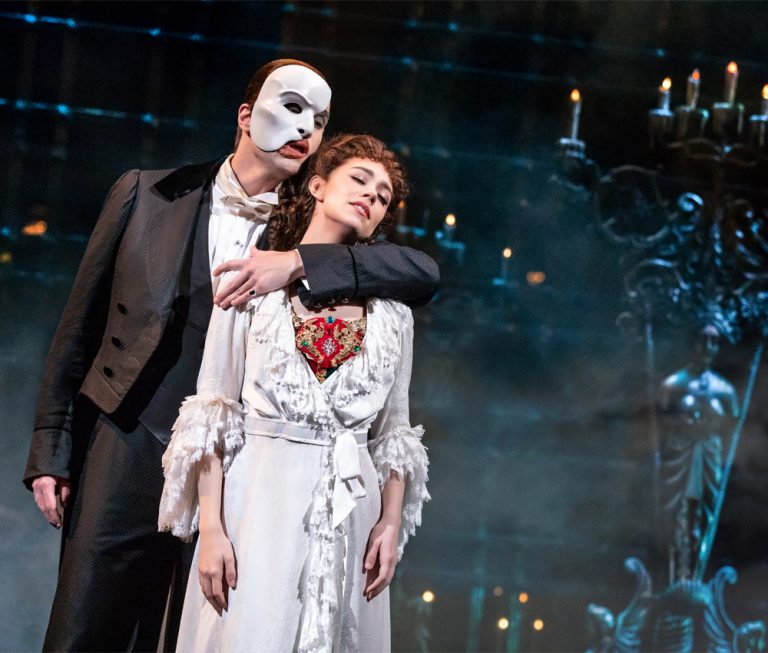

He tries to fill his own emptiness with deceiving domination masquerading as true love. He begs Christine to "lead me, save me, from my solitude." Naturally, his psychologist would recommend that he think positive thoughts and indulge his passions (it's not his fault, you see). The Phantom is a thoroughly modern hero - he has a tragic backstory which he uses to excuse his behavior ("The world showed no compassion to me!") and retreat into low self-esteem. Also, he doesn't take kindly to break-ups, taking it out on poor secondary characters. She's no fool, but the Phantom has taken advantage of her grief and uncertainty for so long that she finds it difficult to turn away. As the Phantom continues establishing his Machiavellian rule, losing more and more of his mystique, he reveals himself to be less sensitive bad boy than masked thug, while Raoul's offer remains unequivocally positive.Ĭhristine is torn. Obviously, this must be the stolid, boring traditional villain, I conclude.

His advances are of a very different kind - he offers protection, financial stability, and a chance to "share with me one love, one lifetime." Charming.Īs for Christine, her feelings are divided when another suitor, the straight-laced, masculine viscount, Raoul de Chagny, appears. In other words, he's a monomaniac stalker who uses his victim's guilt and fascination to manipulate her. His obsession with Christine is his only redeeming quality. To the rest of the characters, the Phantom is a monster, orchestrating a reign of terror in the Paris opera house, requiring cash payments and complete obedience to his every whim. He lives, Gollum-like, underneath the Paris Opera, creeping about through catacombs, poling across his underground lake, swinging through the rafters.Ĭhristine is fascinated and repulsed by his darkness, and finds his mystery intriguing, despite the evil things he does. The Phantom plays the role of seducer, father figure, and tutor to the young soprano, Christine Daae. It didn't help that it had a decidedly French emphasis on sexuality (my puritanical evangelical soul wasn't sure what to think). But there's something more than that - an honesty lacking from many such stories. Ostentatious, theatrical, melodramatic, shamelessly populist - it's a mishmash of 80s rock, Broadway musical numbers, and just a bit of real opera, all knitted together by the plot of a 1910 novel, Le Fantôme de l'Opéra. It's very hard to take The Phantom of the Opera seriously when one was raised singing along to Riders in the Sky's Phantom of the Chuckwagon (I recognize, that by linking to that, I have probably sacrificed any credibility this post will have.) And sure enough, when I watched a performance of Phantom for the first time, it was easy to mock.


 0 kommentar(er)
0 kommentar(er)
